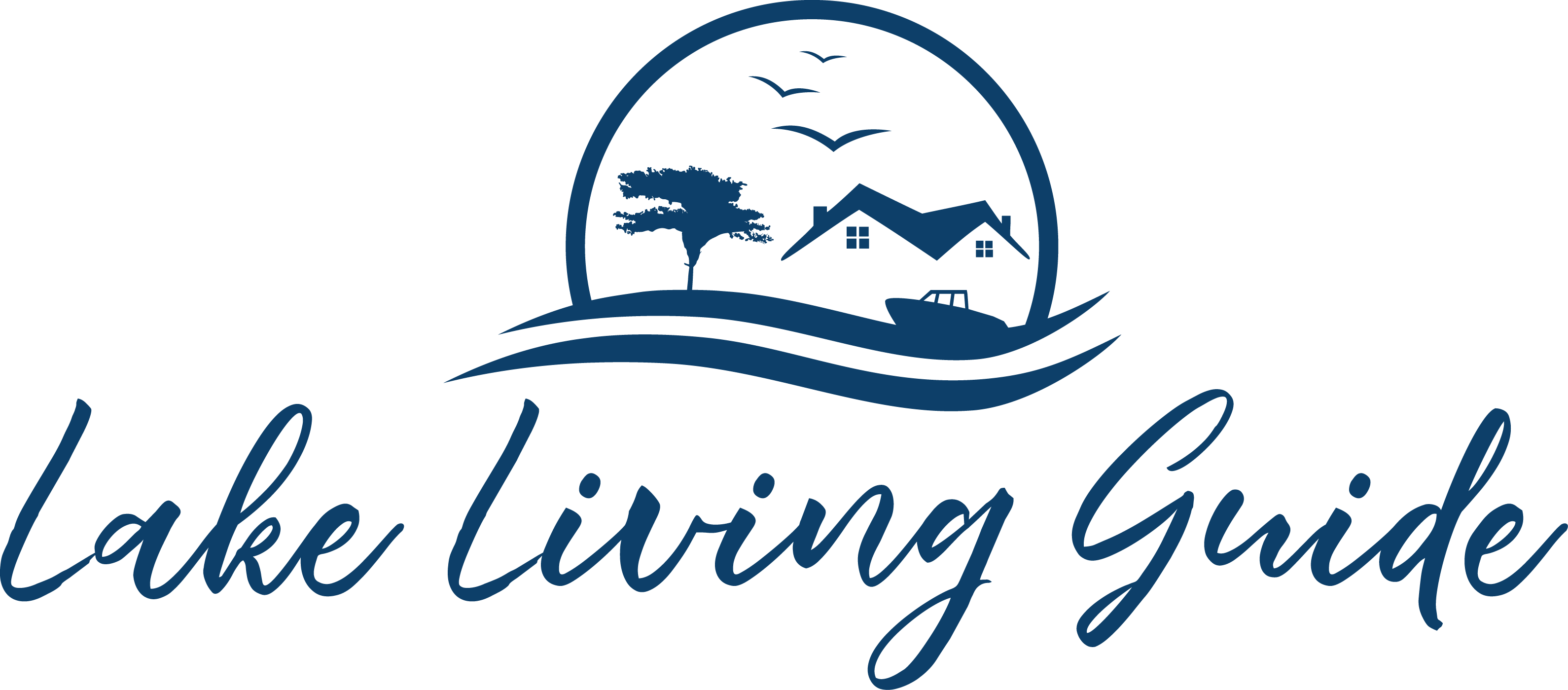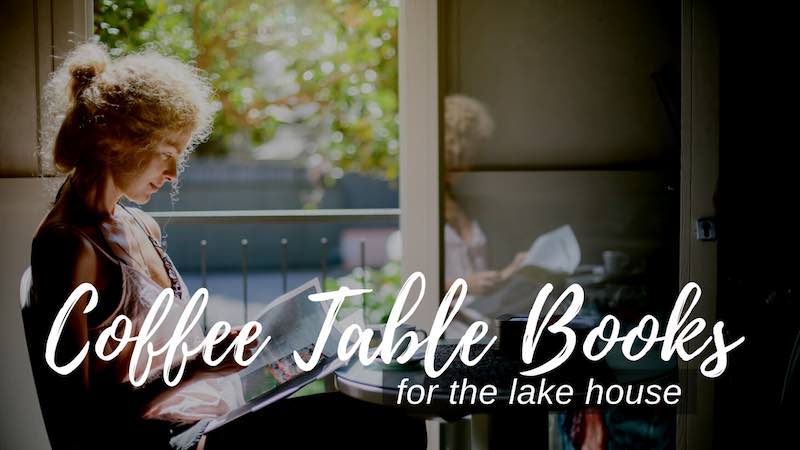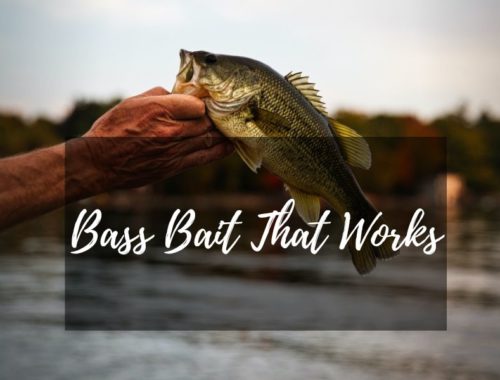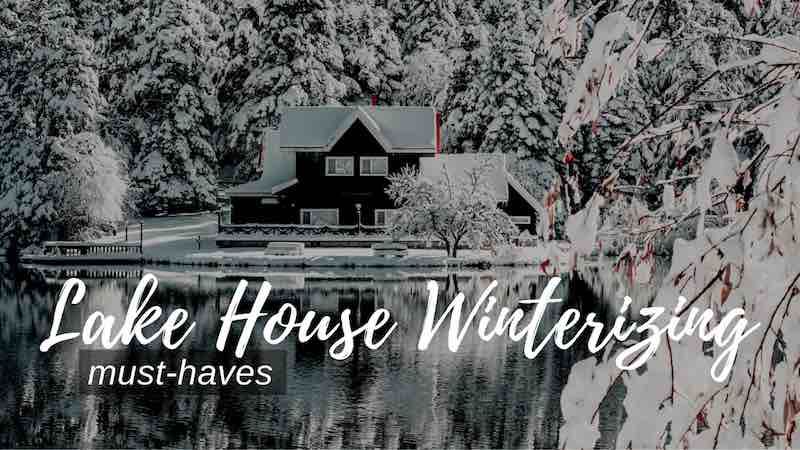
Lake House Winterizing Must-haves
When the temperature starts to drop during fall, many lake houses, which are often used as a retreat place during summer, are also being prepared to stand the change of weather.
Boats are removed from the water to safety, and the entire property is assessed in preparation for the coming winter. Lakeside homeowners call this winterizing.
Winterizing not only prepares your lake house for the cold weather should you decide to spend a cozy winter with your family on it.
It is also meant to protect your property in general for the cold season that may bring a lot of damages if neglected.
Think of frozen pipes, cracked woods, and furniture that is not suited for winter.
To make sure that your lake house is winter-ready, here are some lake house winterizing must-haves that you can review.
Table of Contents
For Your Cabin
CHECK THE PIPES
When preparing your cabin for the winter, make sure to check the pipes for leaks and cut off the water at the main supply point, especially when you don’t plan on coming back as often when the cold sets in. This will prevent water from coming into the pipes inside the lake house, preventing potential burst when it freezes, which can happen. Make sure to drain all the water in the pipes, toilet, and other items that has water on it.
MANAGE THE THERMOSTAT
Setting the thermostat with the correct temperature is necessary when you won’t be using your lake house much during winter. The temperature should be set at a lower degree to keep the freezing level during cold days. Most lake house property owners invest in smart thermostats to monitor and control the temperature inside the lake house wherever they are.

CHECK FOR WOODEN CRACKS AND AIR
Most lake houses are made of wood. Part of the winterizing preparation is to check for possible cracks that can further be damaged during cold weather. At the same time, look for air leaks on electrical wiring, windows, and doors. If you find any, make sure to seal them immediately to keep the cold air out of the property.
WINTERIZE YOUR FIREPLACE
Clean the ashes and other dirt that accumulated on your fireplace. If you must, call the service of a professional to inspect and clean your fireplace chimney. Professionals can detect problems that can cause fire or carbon monoxide poisoning. This should be done annually, preferably before the winter season. Add a chimney cap to prevent rain, snow, and other debris from entering your fireplace as well.
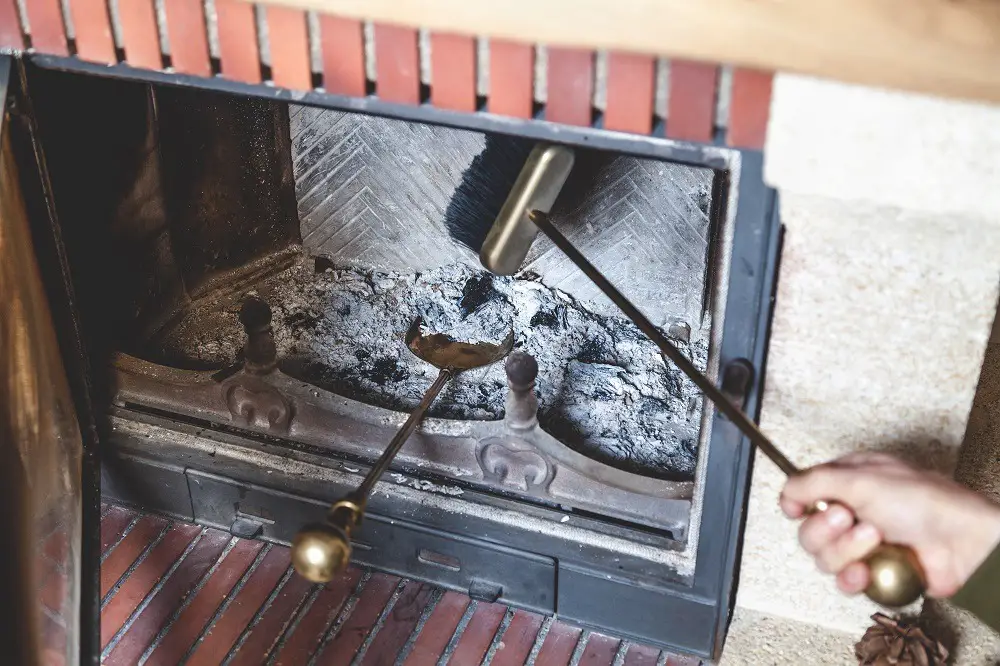
Outside The Property
CHECK YOUR APPLIANCES
If you think you have less time to visit your lake house during the winter, make sure to check all your appliances if they are still working correctly. Check for faulty switches that might cause trouble when lightning strikes or when there is a snowstorm. It is also necessary to unplug all the appliances to save a bit, especially when you won’t be visiting much.
CHECK THE BOATS
Clean your boats, including the swim ladder, raft, life jackets, and other equipment. It is advisable to cover or wrap your boat if you dock and store it outside of the property. Check also for any breaks and cracks and check the motor if it needs to be lubricated. Make sure to remove any batteries as well, if there are any. These might freeze and can cause accidents.
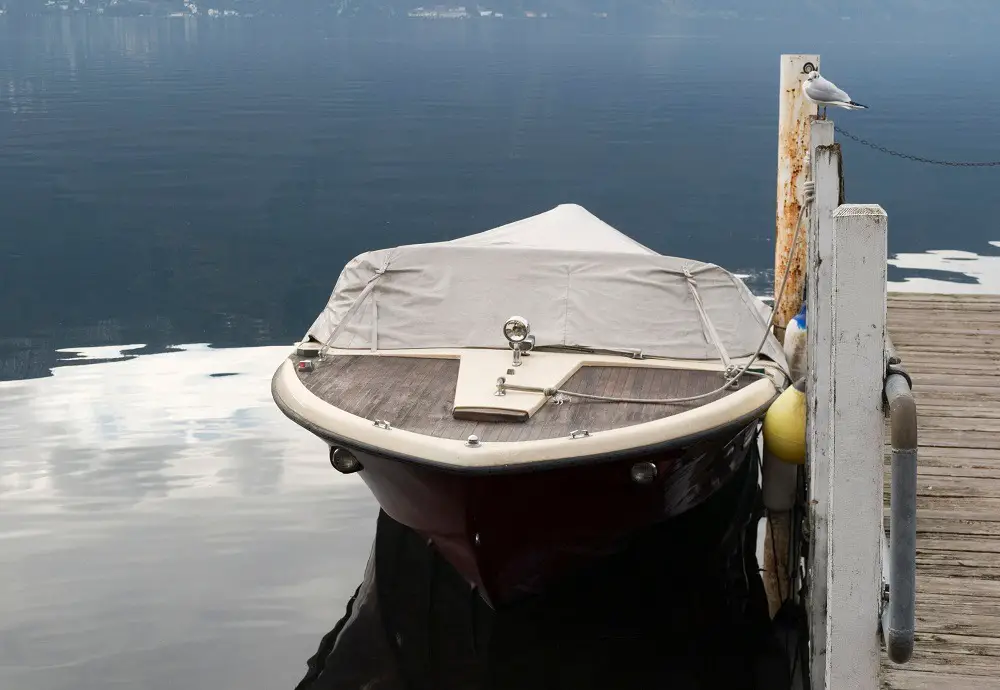
CLEAN THE YARD
Check your lawn and mow if needed. Check also the gutters for any dirt and inspect the roof for damages. If there are any leaks, repair them to avoid leaks, especially if there is snow coming in the winter. Store all outdoor furniture like tables, fire pits, grillers, and others inside. Some types of furniture can might freeze during snow or react badly to the cold. Make sure to secure them properly.
SECURE THE PROPERTY
Make sure to check and secure everything within your property. Store away and lock important items on a safety box. Close the windows and blinds or curtains and check your alarms. It is recommended to put up a smart alarm system to make you monitor your property even if you are away. You can also add security cameras in your front yard for added security. There are a lot of excellent and affordable cameras that can withstand the cold weather and even snow. If you can, you might also get a service of property management to help you secure and monitor your property. You can have the option to hire them during the winter months only, and they will take care of your cabin for you.
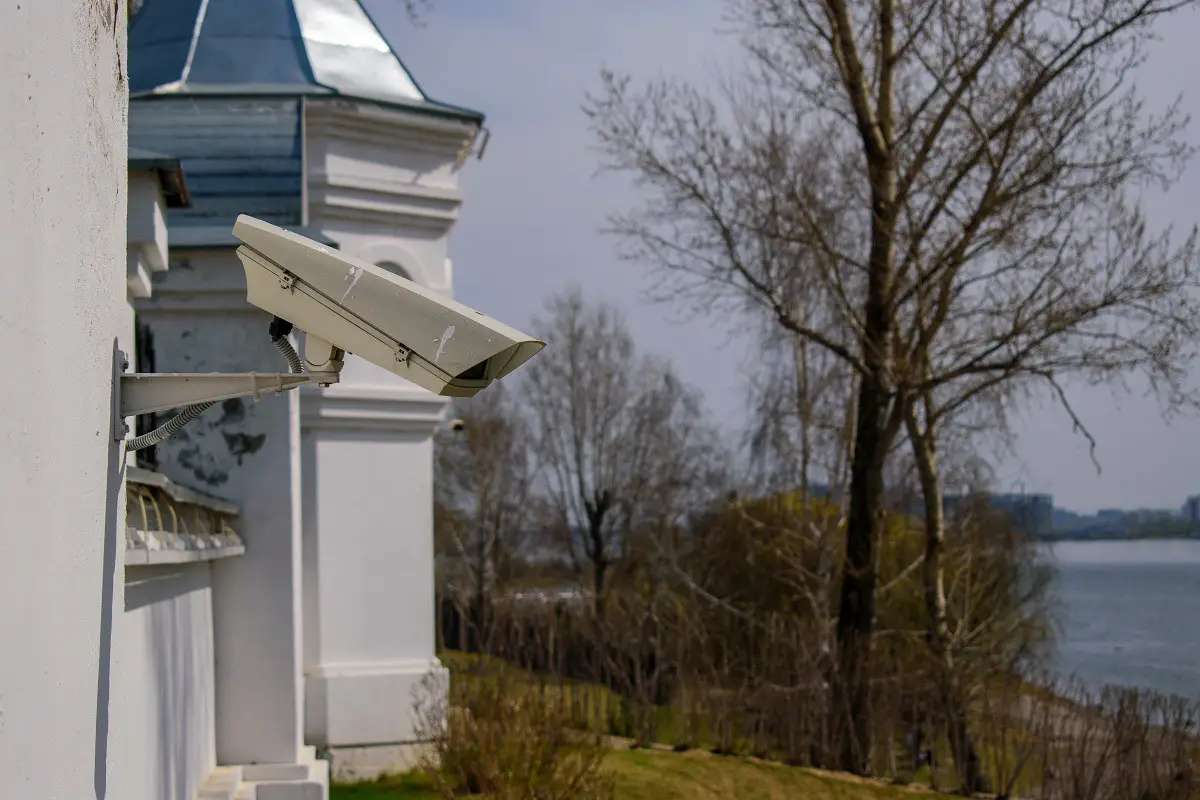
Other Things You Should Consider
Apart from winterizing the inside and outside of your lake house property and securing necessary items around, you might also like to take a look at winterizing various tools and gears like lawnmowers, rakes, and others. Lawnmowers are expensive and can get damaged during the cold weather. If you are using the one with gas, make sure to empty the gas tank and thoroughly clean the equipment.
If you have a garden hose outside of your cabin, make sure to remove excess water that might freeze. Coil it and store it inside your garage as well.
As for the rakes and other metals, clean them thoroughly and spray WD-40 to keep them in top shape.
Even if you are not going to visit much, make sure to check emergency and first aid kits and replenish them, if necessary. Remove any expired items. Winterizing your lake cabin means putting it in “sleep mode” to keep it secure if you think that you’ll be gone for the entire winter or a more extended period. You have to make sure to take all the necessary precautions to keep your lake house cabin in good shape. The process will help you save a lot of cost for repairs and other problems that may arise in the long winter months.
